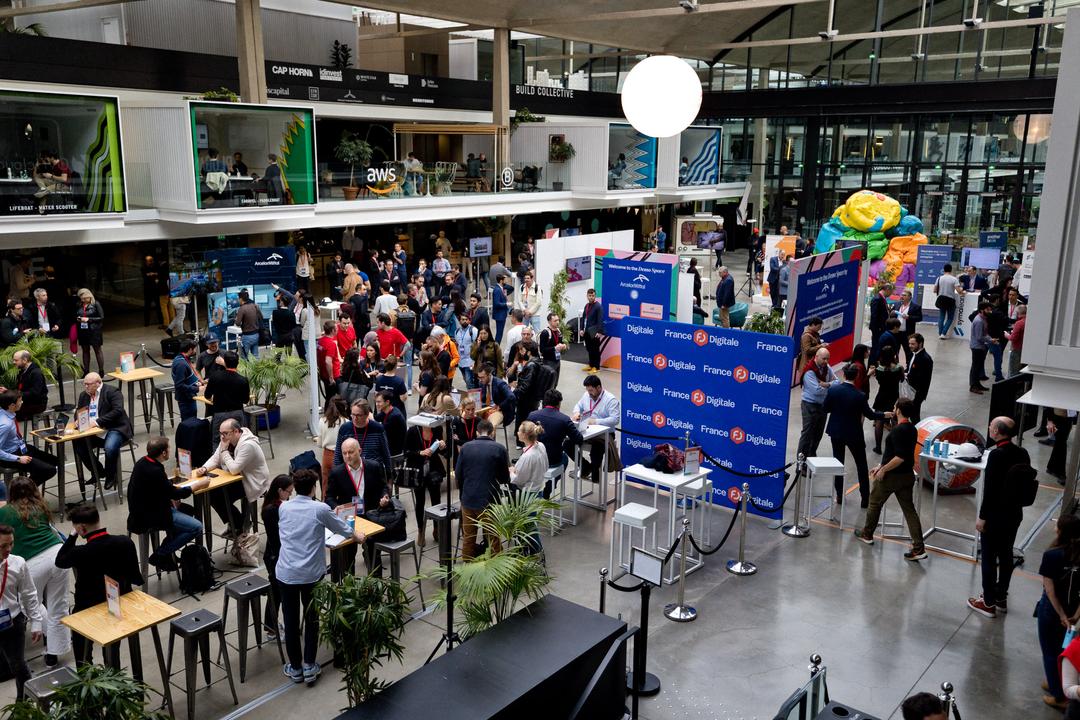
From chips to apps, can Europe compete in generative AI?
Europe
Based on feedback from 40 leading start-ups and investors, we are unveiling an unprecedented study on Europe's competitiveness in generative artificial intelligence, analysing the strengths and conditions that will enable Europe to hold its own against the hegemonic players from outside Europe.
At a time when generative artificial intelligence is emerging as a new technological revolution that is shaking up every aspect of the economy and society, France Digitale is publishing an exclusive study on the subject. Based on feedback from 40 startups and investors emblematic of generative AI, the study analyses the strengths and conditions required for Europe to hold its own against non-European hegemonic players and become a generative AI powerhouse.
Generative artificial intelligence, which will come into the public eye at the end of 2022, is raising questions in every economic and political sphere. What are the societal implications of this technology? What impact will it have on individuals and the environment? How will businesses derive value from it? More broadly, does Europe have the material, financial and technological resources to gain sovereignty through generative AI?
This is the question that France Digitale has set out to answer in its new study entitled « From chips to apps, can Europe compete in generative AI ? » Indeed, behind the announcements of recent months – record valuations, sometimes controversial strategic partnerships, massive investments by governments and companies – the real question is about the economic and geopolitical prospects of generative AI. While most of these announcements come from American technology players already dominant on the digital market, will generative AI strengthen the position of these players – which Europe is already trying to control through the Digital Markets Act – or will new, potentially European, competitors have the means to emerge and prosper?
To answer this question, France Digitale interviewed around forty European start-ups and venture capital funds active in the generative AI sector, and broadened its scope of investigation to obtain an overview of the generative AI value chain worldwide. In particular, the association has identified all the main private players – both European and non-European – in the value chain.
Here are the key findings:
European companies excel at different levels of the generative AI value chain: from chip assembly to the development of foundation models, data hosting or the development of highly specialised applications.
However, Europe does not yet have the material, financial, technological and human resources to ensure the total independence of all the players in this value chain. There is no strictly European value chain today, just as there is no strictly American or Chinese value chain. The market is globalised. However, the interdependence of European players with non-European players can gradually be reduced.
How can this interdependence be reduced? By strengthening the European level at each layer of the value chain. « This means investing massively in all the layers of the value chain; sourcing more rare materials – even if it means capitalising on new deposits, such as those already present in our telephones, the new ‘urban mines’; boosting public and private procurement by openly favouring European procurement; and training and attracting specialised engineers to Europe, » explains Maya Noël, Managing Director of France Digitale.
In the light of our Manifesto for the European elections published last January, France Digitale is calling on European decision-makers to give Europe the means to become a powerhouse in generative AI.
